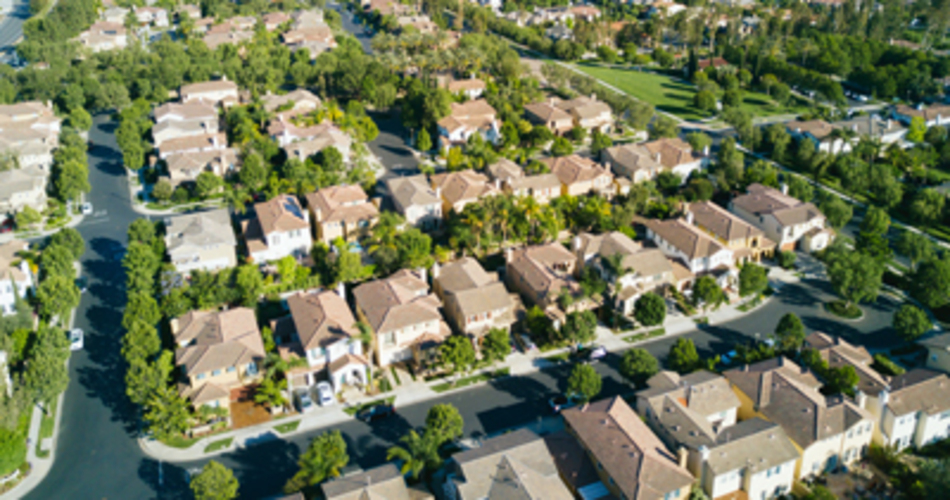 By: Sundar Sankaran, Chief Wireless Architect
By: Sundar Sankaran, Chief Wireless Architect
You might have read about it in the newspaper. You might have heard about it on the radio. You might have watched the pundits exalt about the 25% surge in stock price. You might have event talked about it at the water cooler or come across the charts showing its explosive growth. But ultimately, you need to experience it for yourself to understand what all the hoopla is about. In fact, that chart doesn't even capture it all. It is just a small fraction of the teenagers I saw earlier this evening near the Mountain View Library and City Hall -- almost every one of them staring intensely at their smartphone with occasional bursts of excitement and joy. They are on a mission to catch them all. On a mission to catch Pokémon.
What attracts these pocket monsters to the Mountain View City Hall of all places, I wondered? And why are so many of the Pokéstops close to or inside these buildings? Is the adjacent park too wide open for them to hide? What is so special about that location? Then it dawned on me. All those monster busters -- Pokémon Goers -- needed Wi-Fi. The
newest and fastest Wi-Fi. Now that Mountain View made the smart move to
Ruckus, this helps teens catch them all and advance to the next level.
But let’s back up a bit. Looking into it a bit more, we found that Pokémon Go uses a combination of local Wi-Fi and GPS satellites. But because most of the game requires you to step outside, you often step away from a Wi-Fi connection and have to rely on using your cellular data. As a result,
you can say goodbye to your data plan faster than you can say ‘Bulbasaur.’
The fact is that Pokémon Go is just the latest in a string of mobile apps to suck your data plan dry. In fact, it wasn’t that long ago that consumers were complaining about
Snapchat’s heavy data consumption. Fortunately, mobile carriers are
starting to recognize the need to keep up with their customers’ insatiable demand for data intensive applications and are adopting Smart Wi-Fi systems that make the process of connecting to Wi-Fi as easy as connecting to a 3G/4G service.
In the same vein,
many cities across the U.S. today are implementing free public Wi-Fi networks, similar the one Ruckus deployed in Mountain View, as a way to attract more businesses into the community, increase tourism, enable new public services, and support internal city operations. The good news is that at the same time as cities are trying to benefit local businesses, they are also unintentionally benefitting your growing Pokédex.
Now go out into the world and keep throwing those Poké Balls!
 By: Sundar Sankaran, Chief Wireless Architect
By: Sundar Sankaran, Chief Wireless Architect








